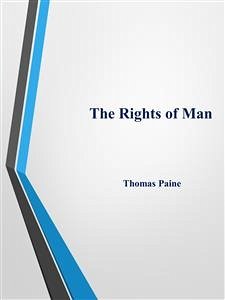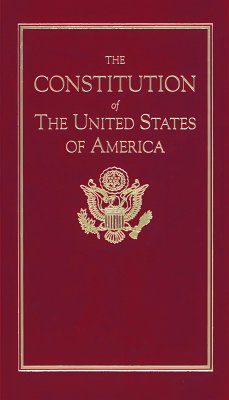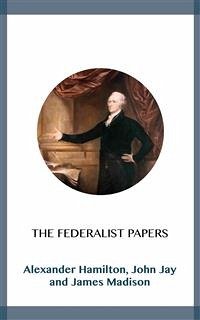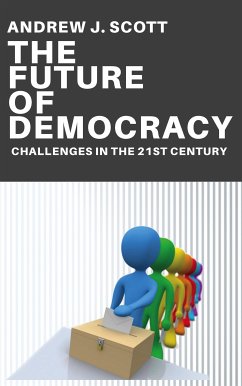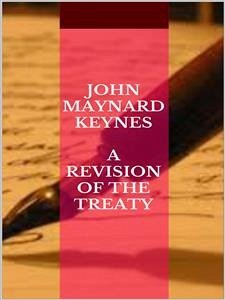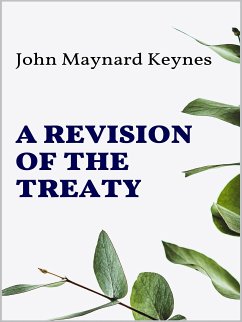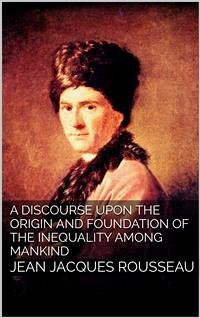
A Discourse Upon the Origin and the Foundation of the Inequality Among Mankind (eBook, ePUB)
Sofort per Download lieferbar
2,99 €
inkl. MwSt.
Weitere Ausgaben:

PAYBACK Punkte
0 °P sammeln!
Jean Jacques Rousseau was born at Geneva, June 28, 1712, the son of a watchmaker of French origin. His education was irregular, and though he tried many professions—including engraving, music, and teaching—he found it difficult to support himself in any of them. The discovery of his talent as a writer came with the winning of a prize offered by the Academy of Dijon for a discourse on the question, "Whether the progress of the sciences and of letters has tended to corrupt or to elevate morals." He argued so brilliantly that the tendency of civilization was degrading that h...
Jean Jacques Rousseau was born at Geneva, June 28, 1712, the son of a watchmaker of French origin. His education was irregular, and though he tried many professions—including engraving, music, and teaching—he found it difficult to support himself in any of them. The discovery of his talent as a writer came with the winning of a prize offered by the Academy of Dijon for a discourse on the question, "Whether the progress of the sciences and of letters has tended to corrupt or to elevate morals." He argued so brilliantly that the tendency of civilization was degrading that he became at once famous. The discourse here printed on the causes of inequality among men was written in a similar competition.






